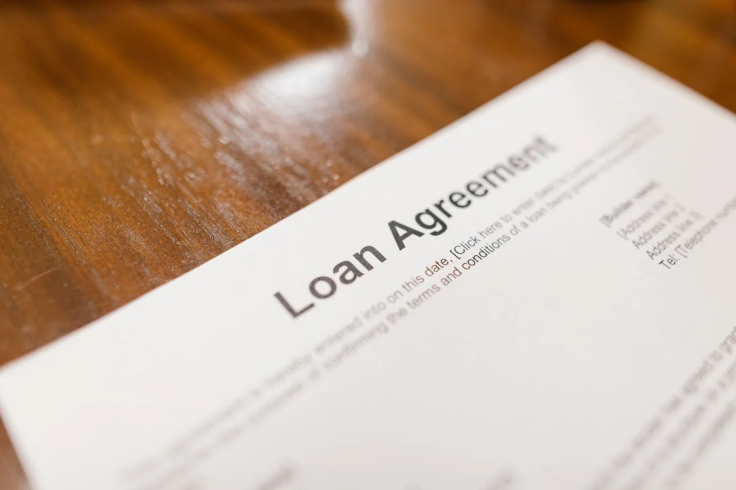South Africa Signs Loan Agreements With World Bank, Others To Support Just Energy Transition

South Africa signed bilateral loan agreements with the World Bank, German state-owned development and investment bank, Kreditanstalt für Wiederaufbau (KfW), and the African Development Bank (AfDB) to support its Just Energy Transition.
The National Treasury said on Wednesday that the concessional financing includes a loan of $1 billion from the World Bank, €500 million from KfW and $300 million from the AfDB.
"The loans provided by [KfW] and the [AfDB] follow their partnership with the World Bank on the second Development Policy Operation DPO to support South Africa's commitment to the just transition for a low-carbon and resilient economy," the National Treasury explained, SA News reported.
The department revealed these were sovereign loans provided directly to the National Treasury for general budget expenditure purposes.
"The financing facilities from the three development institutions are in line with the National Treasury's funding strategy to diversify its funding mix for international borrowing and access concessional financing instruments offered by the development partners to support the government's key reforms under climate change and the electricity sector," the department said.
According to the department, these facilities allowed the National Treasury to get the loan at very affordable rates, which would help the government reduce public debt.
The department also noted that these agreements "signify and reinforce the excellent collaborative efforts between the Government of Germany, World Bank and AfDB and our government, that has ensured the successful conclusion of the loans."
South Africa had also taken another $1 billion loan from the World Bank last month amid an ongoing energy crisis in the country.
The South African government said at that time the country required almost $80 billion in the next five years to fund its energy transition projects. Previously, the World Bank had provided a $439.5 million loan to South Africa to convert the coal-fired Komati power station to a renewable energy provider.
South Africa also secured $676 million worth of funding from rich nations to transition to green energy earlier this month. South Africa is also trying to attract private investors to this transition project.
South Africa has been dealing with electricity issues for a decade now.
Eskom, the energy company responsible for providing electricity across the country, uses coal stations to generate 80% of the electricity it supplies. However, the company couldn't meet 62 million South Africans' demand as power stations often break down, resulting in load shedding for hours every day.
© Copyright 2026 IBTimes ZA. All rights reserved.





















